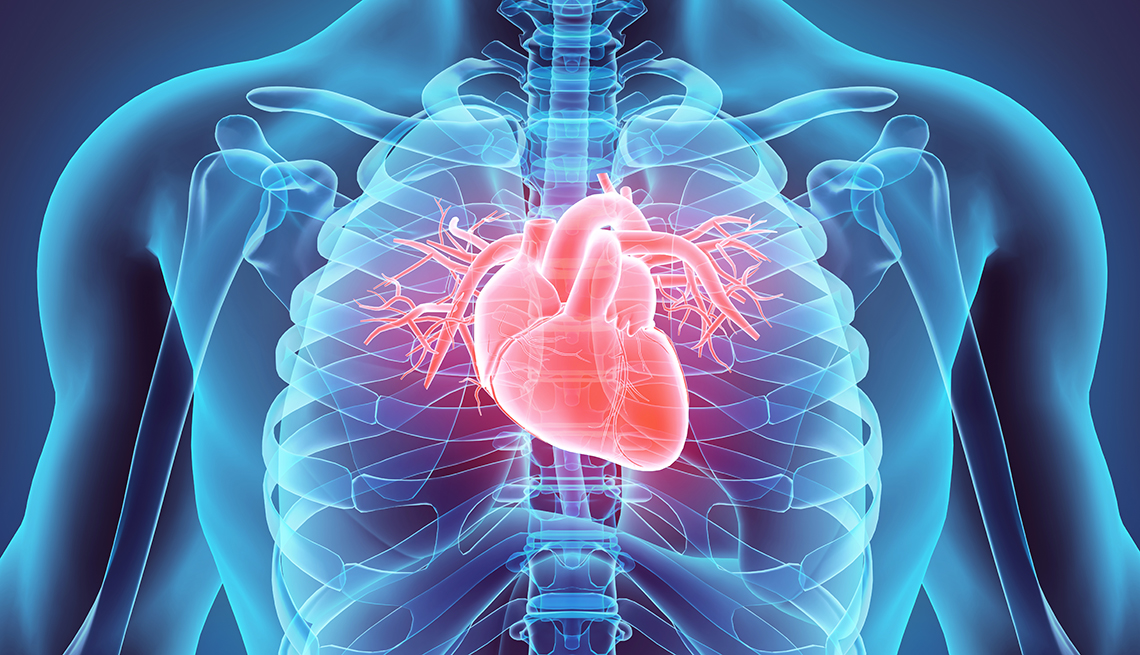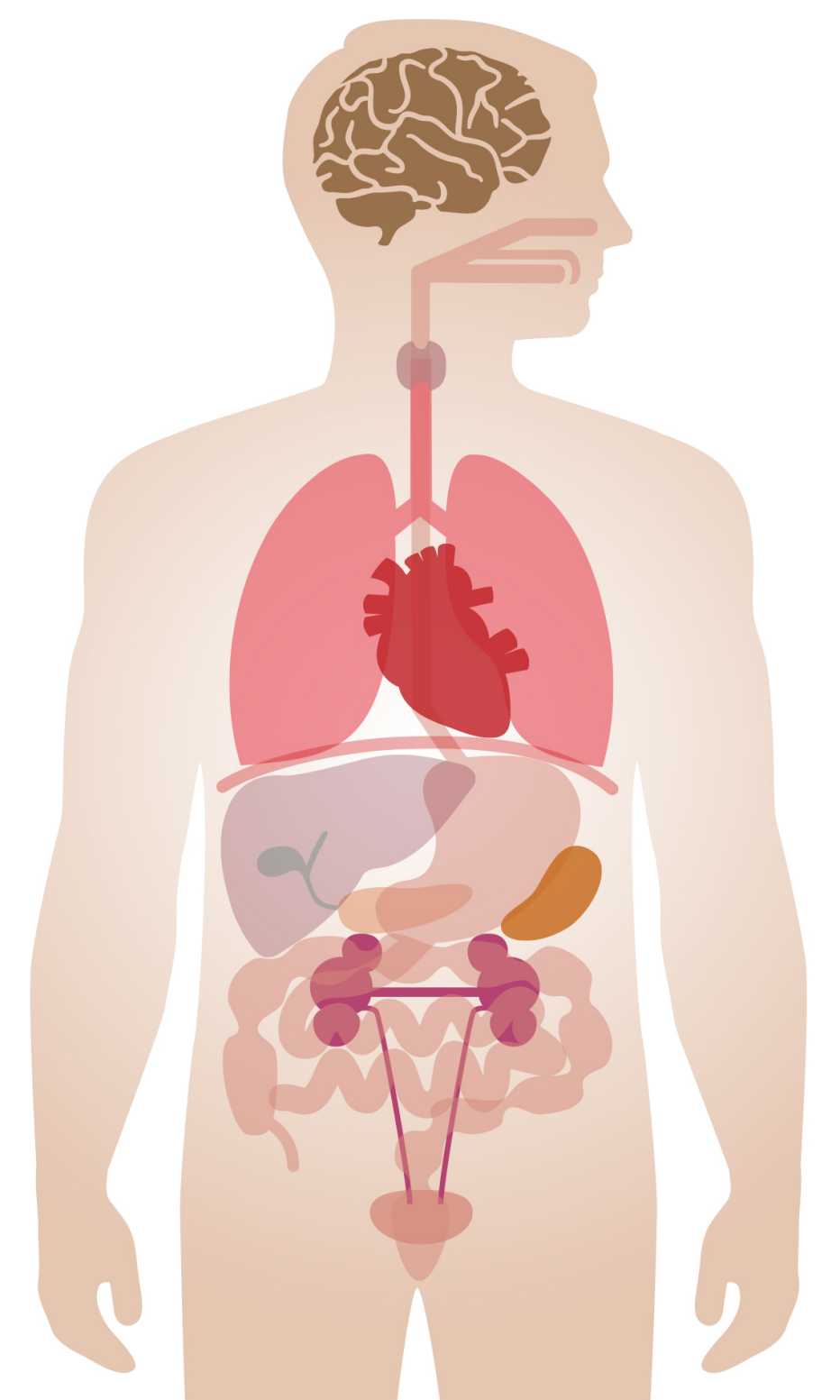Staying Fit
Other viruses can affect the heart, but experts say that COVID-19 can cause cardiac complications that are a major cause for concern, especially among those with preexisting heart disease.
"The big aha moment was when we began seeing heart involvement over and above what we are used to seeing with other viruses, such as the flu,” says Robert Bonow, M.D., editor of JAMA Cardiology and professor of medicine at Northwestern University Feinberg School of Medicine in Chicago.


AARP Membership— $12 for your first year when you sign up for Automatic Renewal
Get instant access to members-only products and hundreds of discounts, a free second membership, and a subscription to AARP the Magazine.
Although experts don't yet have conclusive data on the percentage of patients who have heart damage as a result of COVID-19 infections, estimates run as high as 25 or 30 percent.
Some of the damage appears to occur as a result of an out-of-control inflammatory response kicked off by the immune system. When the coronavirus attacks, the body tries to fight back by releasing a cascade of immune system proteins called cytokines. Cytokine storms have been observed during other viral outbreaks and can damage blood vessels and heart muscle, which may lead to heart failure, an abnormal heartbeat or even death.
Experts are finding that COVID-19 patients also appear to be developing blood clots throughout the body at a substantially higher rate than seen in other critically ill patients not infected with the coronavirus. The clots may be the result of the virus's infecting or injuring the lining of blood vessels, says J. Mocco, M.D., professor of neurosurgery and director of the cerebrovascular center at Mount Sinai Health System in New York City.
And then there are the heart attacks associated with COVID-19. In some cases, as the virus rages through arteries, the stress causes preexisting fatty plaques to rupture. Heart attacks have also been caused by overworked heart muscle struggling to supply oxygen, or through blood-clotting issues related to cytokine storms.
Sometimes the type of heart damage the coronavirus causes in patients is difficult to tease out. Such was the case with the 57-year-old woman from Santa Clara County who is believed to be the first person in the U.S. to die from COVID-19. At first, doctors thought she passed away from a heart attack, but an autopsy ruled that her weakened heart had ruptured from the virus.
While experts work to understand more about the coronavirus's effects on the heart, they stress that people who suspect they may be having a heart attack should go to the hospital immediately.
Since the pandemic began, there has been a national and global drop in people visiting hospitals for suspected heart attacks; this has cost lives, as some who could have been successfully treated with swift interventions delayed too long.

































































